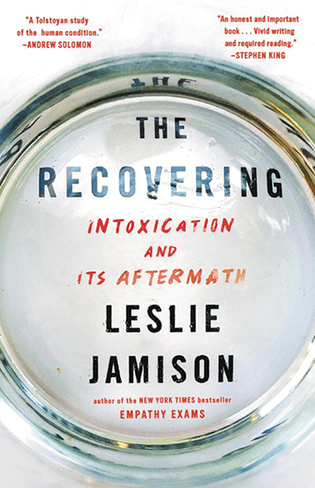 loading
loading
Reviews: July/August 2018 View full imageThe Recovering: Intoxication and Its Aftermath James Ledbetter ’86 is the editor of Inc. magazine. It’s curious to try to imagine what Leslie Jamison’s life would have been like without alcohol abuse or her decision, at a relatively young age, to confront it. At times she portrays her addiction as the nearly inevitable outcome of the literary life. Pursuing a master’s degree at the Iowa Writers’ Workshop, drinking seems both like a favored pastime and a link to a boozy heritage. How many writers would not be tempted by the barstools occupied by John Berryman and Denis Johnson? The craft of fiction itself seemed to nudge her toward the bottle. When an early story about drinking and a breakup earns praise, she concludes: “Things got dark, and you wrote from that darkness.” But as she drifts from California to Nicaragua to New Haven, her life becomes increasingly dominated by blackouts and hidden bottles. Unpleasant sexual encounters and even a drunken punch in the face were not enough to shake her out of her daily habit. Jamison is not always clear about why she was drinking so much—a distant father is offered as a rationale—but she is exceptionally lucid on how it feels. Once Jamison decides to take sobriety seriously, she is insistent on telling a different type of story, and she weaves history and some original research into her personal tale. One recurring device is her fascinating reading of past narratives of drunkenness and addiction, such as Charles Jackson’s bestselling 1944 novel, The Lost Weekend. She wrestles with the paradox that storytelling for recovering alcoholics is in many ways the opposite of storytelling for a novelist; there is great value in creating a narrative that has you at the center but could be about anyone. However Jamison got there, she has produced a book that is by turns insightful, funny, and harrowing.
The comment period has expired.
|
|